Cryptocurrency is finally hitting the mainstream in Canada. Once the playground of the tech elite, cryptocurrency has grown in popularity to the point where companies are creating easier ways to purchase, invest in, and spend cryptocurrencies.
Cryptocurrency cards are one of these, simplifying the process of actually using your cryptocurrency to make everyday purchases. Some even give you a way to earn cryptocurrency rewards, just like regular rewards credit cards.
Here we take a look at what cryptocurrency is, what cryptocurrency cards are, and some more traditional credit cards that might be better (and simpler) alternatives.
Never miss an amazing deal again + get our bonus 250+ page eBook for FREE. Join 50,000 other Canadians who receive our weekly newsletter – learn more.
What is cryptocurrency?
Cryptocurrency is digital or “virtual” currency that is secured by cryptographic technologies that make it impossible to counterfeit or duplicate. There are a large number of cryptocurrencies in existence, with the best known being:
- Bitcoin,
- Ethereum,
- Litecoin,
- Dogecoin, and
- XRP.
There are thousands of others, but few are as well known as these ones.
How to buy cryptocurrency in Canada
To purchase cryptocurrency, you generally have to create an account on a cryptocurrency exchange. These are centralized platforms that people use to buy, sell, and trade cryptocurrencies.
A few examples of cryptocurrency exchanges in Canada include:
- Wealthsimple Crypto,
- MogoCrypto,
- Shakepay,
- Coinsmart,
- Binance,
- Coinsquare, and
- Satstreet ($25k+ purchases or larger only).
There are many others, ranging in quality and complexity from very simple to highly complex professional-grade trading platforms. Which is best for you depends on your level of involvement and activity in cryptocurrency trading.
Either way, once you create an account, you’ll be able to use it to purchase whatever cryptocurrencies are available on that platform.
Each of these exchanges has its pros and cons, and some are more popular than others, so if you’re interested in diving into cryptocurrency investing, you’ll want to take some time to research the best options for you.
The most important thing to note is that not all cryptocurrencies are available on all platforms, so you’ll want to make sure the one you want to buy is available when researching various exchanges.
Cryptocurrency ETFs
There are a growing number of cryptocurrency ETFs, as well, which you can buy and sell just like regular ETFs. A growing number of these new ETFs have been given the go-ahead in Canada, making it easy to invest in cryptocurrency through your DIY trading apps, such as Wealthsimple Trade.
As with most things related to cryptocurrency, these ETFs are a moving target, but some examples include:
- Bitcoin ETF (EBIT),
- Purpose Bitcoin Fund (BTCC), and
- CI Galaxy Bitcoin ETF (BTCX.B).
Cryptocurrency prices
If you’ve been paying attention to cryptocurrency prices for any time at all, you’ll know just how incredibly volatile they can be. With a single tweet by a single famous person, a cryptocurrency’s price can skyrocket or crater, and there’s little rhyme or reason to it all.
Given their volatility, you will want to be very cautious about investing in this new world of virtual currencies. It is very possible that you will lose all your money, and once it’s gone, it’s gone.
That said, here are the current prices for the top 10 cryptocurrencies by market capitalization, according to CoinMarketCap.
| Cryptocurrency | Price on April 28, 2021 | Market capitalization |
|---|---|---|
| Bitcoin (BTC) | $54,379.25 | $1,015.8 billion |
| Ethereum (ETH) | $2,678.62 | $310.1 billion |
| Binance Coin (BNB) | $554.57 | $85 billion |
| XRP (XRP) | $1.34 | $60.7 billion |
| Tether (USDT) | $0.9999 | $50.9 billion |
| Cardano (ADA) | $1.28 | $40.9 billion |
| Dogecoin (DOGE) | $0.3424 | $38.7 billion |
| Polkadot (DOT) | $33.35 | $31 billion |
| Uniswap (UNI) | $41.59 | $21.6 billion |
| Litecoin (LTC) | $252.94 | $16.8 billion |
Again, it’s important to note that cryptocurrency prices change very, very quickly, so the data in this table is probably out of date. Check on CoinMarketCap or another similar website for current prices and other information.
Looking for the best stock trading apps in Canada? Our detailed report can help you make the right choice.
What’s a cryptocurrency card?
A cryptocurrency card is simply a debit or credit card that makes it easier to use your cryptocurrency to make purchases in the real world.
Prior to there being cryptocurrency cards (or cryptocards), you would have to go to an exchange, sell some cryptocurrency for regular money, wait for that money to be deposited in your bank account, then use your regular debit or credit card to spend it.
With cryptocards, you can spend that cryptocurrency directly – or at least it feels direct. There may actually be a number of steps taking place behind the scenes, but for you, the end user, it feels like a single transaction just like using a regular debit or credit card.
Types of cryptocurrency cards
Right now in Canada there are 3 kinds of cryptocurrency cards:
- cryptocurrency debit cards,
- cryptocurrency prepaid cards, and
- cryptocurrency rewards cards.
Let’s look at the differences between these.
Crypto debit cards
Cryptocurrency debit cards let you spend cryptocurrency that you have in your cryptocurrency wallet, directly at the point of sale.
Your cryptocurrency is exchanged for fiat currency (regular money) when you go to make a purchase, and the fiat currency is used for payment.
Crypto prepaid cards
Cryptocurrency prepaid cards are just like regular prepaid cards, except instead of loading them through your bank account, you load them with your cryptocurrency wallet. Your cryptocurrency is exchanged for fiat currency, which is then loaded into your prepaid card.
Once that’s done, you use the prepaid card just like you would a debit or credit card.
Crypto rewards cards
Cryptocurrency rewards cards are different from both of these, because they don’t let you spend cryptocurrency – they give you a way to earn it.
They work like cash back credit cards, really – it’s a regular credit card that you use to make purchases, but instead of earning Air Miles or cash back, you earn a cryptocurrency.
As with the other types of crypto cards, there are a growing number of these available in Canada.
Hybrid crypto cards
There are some crypto debit and crypto prepaid cards that also let you earn rewards, so you can spend cryptocurrency and earn cryptocurrency at the same time.
Are cryptocurrency cards available in Canada?
Yes, but the selection is currently very limited, but it is likely that the number of available cards will continue to grow as cryptocurrency becomes increasingly mainstream. Here are a few of the options that are currently available.
| Crypto card | Fees | Rewards | Special features | Learn more |
|---|---|---|---|---|
| Crypto.com Prepaid Visa | * Vary by tier, and fees are only available through the app | * From 1% to 8% CRO Rewards, depending on CRO stake | * Higher rewards for people who have a higher CRO stake (CRO is the Crypto.com coin) * Load your card with fiat currencies or cryptocurrencies |
Learn more |
| Coincard Prepaid Visa or Mastercard | * $3.95 to $6.95 activation fee * 5% convenience fee |
None | * Non-reloadable prepaid Visa or Mastercard gift cards * Available in $50, $100, or $200 values |
Learn more |
| Localcoin Prepaid Visa | * $2.90 monthly fee * 5% loading fee * $2.50 to $3.50 ATM fee * $1.00 international point of sale usage fee |
None | * Transfer your bitcoin and instantly load up to $7,500 to your Localcoin card | Learn more |
And this is just the beginning. An increasing number of companies are getting into the world of crypto cards.
Do you know of crypto cards that are available in Canada that we haven’t listed here? Leave a note in the comments telling us about it, and we’ll add it here.
Not sure what sort of prepaid card is right for you? We dig into the details.
Crypto card alternatives
Cryptocurrency is still a pretty niche sort of thing, mostly of interest to tech enthusiasts who can grok what it’s all about, and who have the technical expertise needed to make it all work.
For the majority of people, cryptocurrency is still a bit bewildering – with its extreme volatility and vague ponzi-scheme-like feel, most people are taking a “wait and see” stance on all of this.
In the meantime, there are some prepaid cards and credit cards that will let you spend your money and earn rewards. Here are a few of the best available in Canada.
| Credit card | Annual fee | Rewards | Special features | Apply now |
|---|---|---|---|---|
| American Express Cobalt Card | $191.88 | * 5 points per $1 spent on eligible groceries and restaurants (up to $2,500 spent per month) * 3 points per $1 spent on eligible streaming services * 2 points per $1 spent on eligible gas, transit, and ride share purchases * 1 point per $1 spent on foreign currency purchases * 1 point per $1 spent on all other purchases |
* Best credit card in Canada, in 6 different categories * Earn flexible and valuable American Express Membership Rewards * Amex benefits, including Amex Offers, and Front of the Line entertainment access * 10 types of included insurance |
Apply now |
| Scotia Momentum Visa Infinite | $120 | * 4% cash back on groceries and recurring bill payments * 2% cash back on gas, transit, rideshares, and food delivery * 1% cash back on all other purchases |
* Annual fee waived with the Scotiabank Ultimate Package * Visa Infinite benefits, including Luxury Hotels, Dining, and Wine Tasting * 11 types of included insurance |
Apply now |
| SimplyCash Preferred Card from American Express | $119.88 | * 4% cash back on gas and groceries * 2% cash back on all other purchases |
* American Express benefits, including Amex Offers, and Front of the Line access * 10 types of included insurance |
Apply now |
| MBNA Rewards Platinum Plus Mastercard | $0 | * 2 points for every $1 spent on restaurants, groceries, and select recurring bills (up to $10,000 spent annually per category) * 1 point per $1 spent on all other purchases |
* Earn flexible MBNA Rewards * 3 types of included insurance |
Apply now |
| KOHO Extra Mastercard | $144 | * 1.5% cash back on groceries, restaurants, and transportation * 0.25% cash back on all other purchases |
* No foreign transaction fees * Price protection insurance |
Apply now |
Let’s take a closer look at what these traditional credit cards have to offer.
Best rewards credit card in Canada
GC: $100
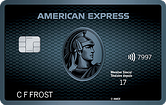
The
You’ll start with a welcome bonus of 15,000 American Express Membership Rewards points, worth an estimated $300.
In addition, you’ll also earn rewards at the following rates:
- 5 points per $1 spent on eligible groceries and restaurants (up to $2,500 spent per month)
- 3 points per $1 spent on eligible streaming services
- 2 points per $1 spent on eligible gas, transit, and ride share purchases
- 1 point per $1 spent on foreign currency purchases
- 1 point per $1 spent on all other purchases
If you’re looking for a solid rewards credit card that will earn rewards on all your purchases, the American Express Cobalt Card is our #1 choice.
Best cash back credit card in Canada
If you prefer cash back rewards, the
You’ll earn:
- 4% cash back on groceries and recurring bill payments
- 2% cash back on gas, transit, rideshares, and food delivery
- 1% cash back on all other purchases
Few cash back cards offer 4% back in 2 categories, and 2% on another.
Best flat rate cash back card with no income requirements
If you don’t want to worry about cash back caps, the
On your purchases, you’ll earn:
- 4% cash back on gas and groceries
- 2% cash back on all other purchases
You’ll also gain access to Amex Offers, Amex Front of the Line, and other perks and benefits.
Best no fee travel rewards credit card
One of the best no fee travel rewards credit cards is the
With this card you’ll earn valuable MBNA Rewards, including up to a 10,000 point welcome bonus.
And you’ll also earn rewards on all your purchases, including:
- 2 points for every $1 spent on restaurants, groceries, and select recurring bills (up to $10,000 spent annually per category)
- 1 point per $1 spent on all other purchases
And for the first 3 months, your earn rate is doubled on restaurants, groceries, and gas.
Best prepaid card
Finally, if you’re looking for the simplicity of a prepaid card that will also earn cash back on all your spending (and interest on your savings!), you might be interested in the
This prepaid Visa earns:
- 1.5% cash back on groceries, restaurants, and transportation
- 0.25% cash back on all other purchases
You’ll also save the regular 2.5% foreign transaction fee you’d pay with most other cards, as the KOHO Extra Mastercard waives it entirely.
What’s more, if you sign up for KOHO Earn Interest, you’ll earn 1.2% interest on your entire KOHO account balance, meaning you’ll earn rewards on all your spending and interest on all your savings. Win win.
Bottom line
Cryptocurrency is hitting the mainstream, and crypto cards are increasingly common in Canada. While this sort of highly volatile investment definitely isn’t for everyone, it looks like cryptocurrency is here to stay.
Do you invest in cryptocurrency? Have you signed up for a crypto card yet?
Tell us what you think about all of this in the comments!
FAQ
What is a crypto card?
A crypto card can be one of 3 types of card – a debit card that allows you to spend your cryptocurrency directly, a prepaid card that you load with cryptocurrency, or a credit card that earns cryptocurrency rewards. These are all a little different, and you can read more about them here.
What is the best crypto debit card?
Right now, crypto cards are new enough, and different enough that it’s hard to say. As this segment of the market grows and matures, however, it’ll get easier to compare and contrast the various (growing) options available to Canadians. Read more about cryptocurrency cards here.
Are crypto cards better than credit cards?
Crypto cards and credit cards are still really very different, for the most part, with the exception being credit cards that let you earn cryptocurrency rewards. Those behave similarly to regular rewards credit cards. We outline a few different crypto card options in this article, and go over some alternative credit cards you might want to consider instead.
Is cryptocurrency a good investment?
Cryptocurrency continues to be an extraordinarily volatile investment, gaining and losing enormous value even on a day to day basis. If you’re willing to roll those dice, that’s a choice you can make, but investors with a more sensible risk tolerance might want to keep their money in less risky investments for the time being.
creditcardGenius is the only tool that compares 126+ features of 228 Canadian credit cards using math-based ratings and rankings that respond to your needs, instantly. Take our quiz and see which of Canada's 228 cards is for you.


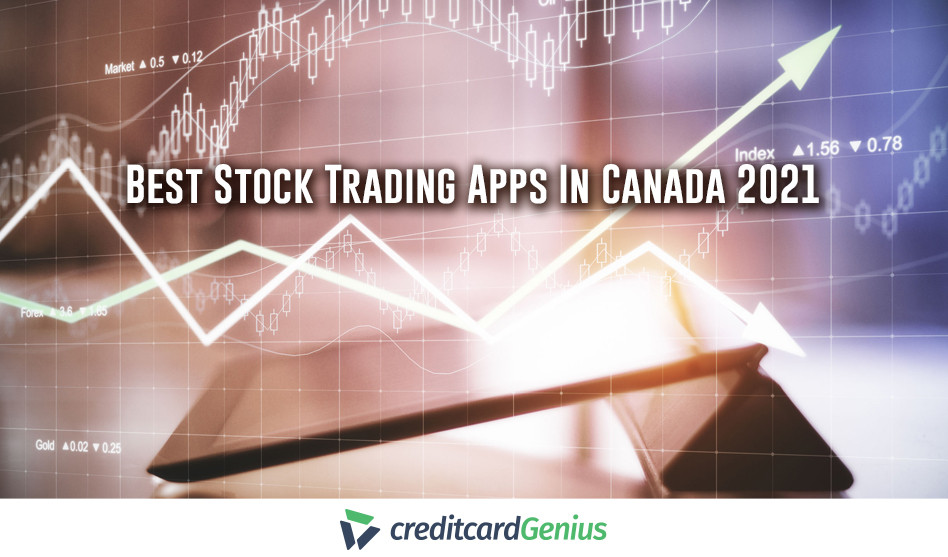
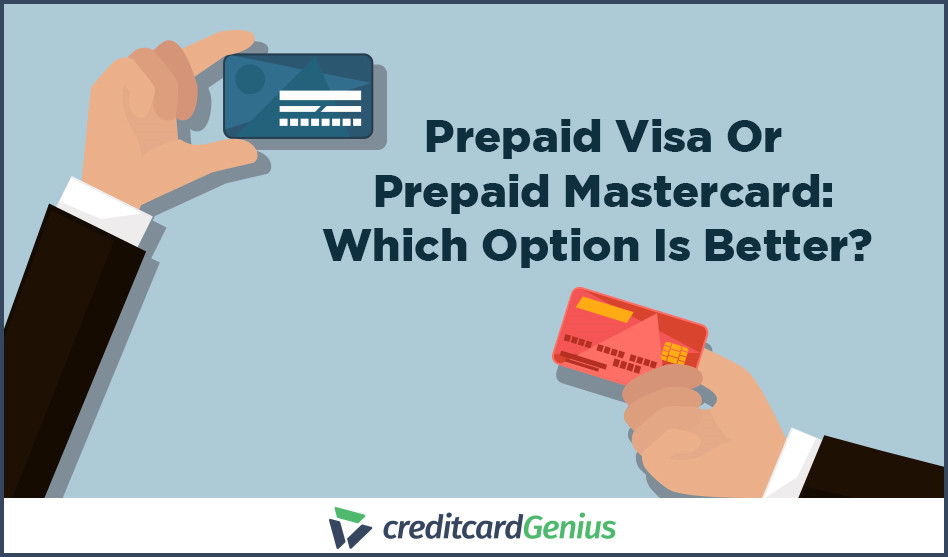
 ×9 Award winner
×9 Award winner  $100 GeniusCash + Earn up to 15,000 Welcome Bonus Membership Rewards® Points.*
$100 GeniusCash + Earn up to 15,000 Welcome Bonus Membership Rewards® Points.*
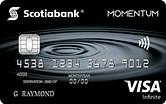

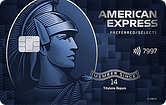

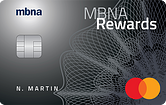

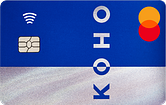

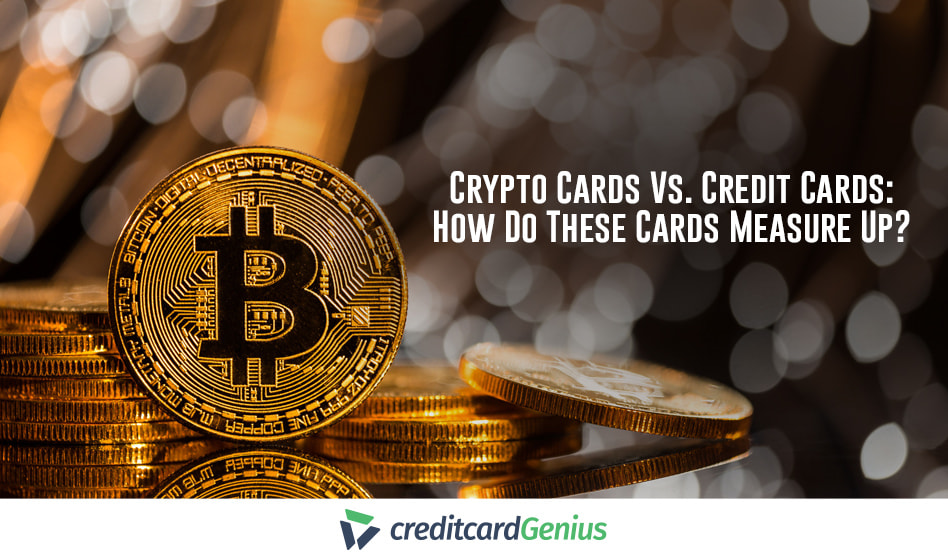












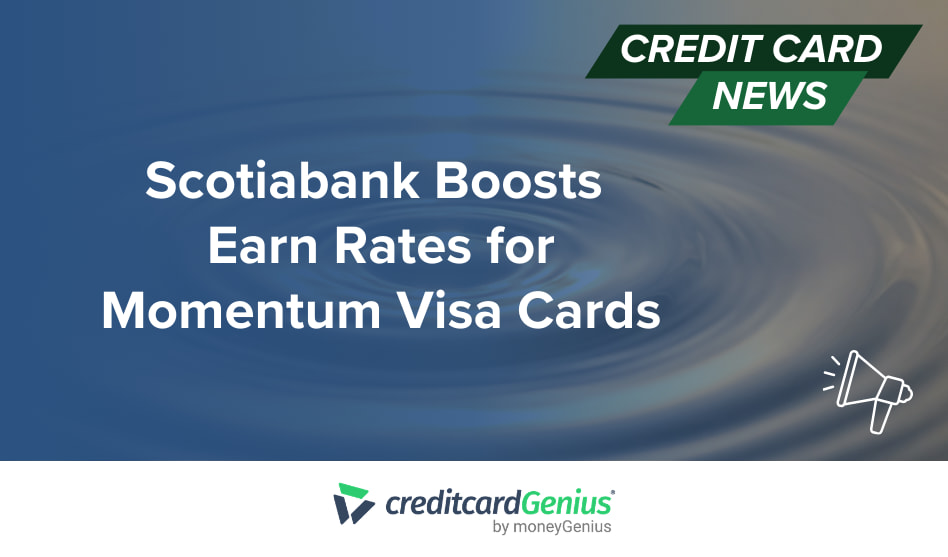

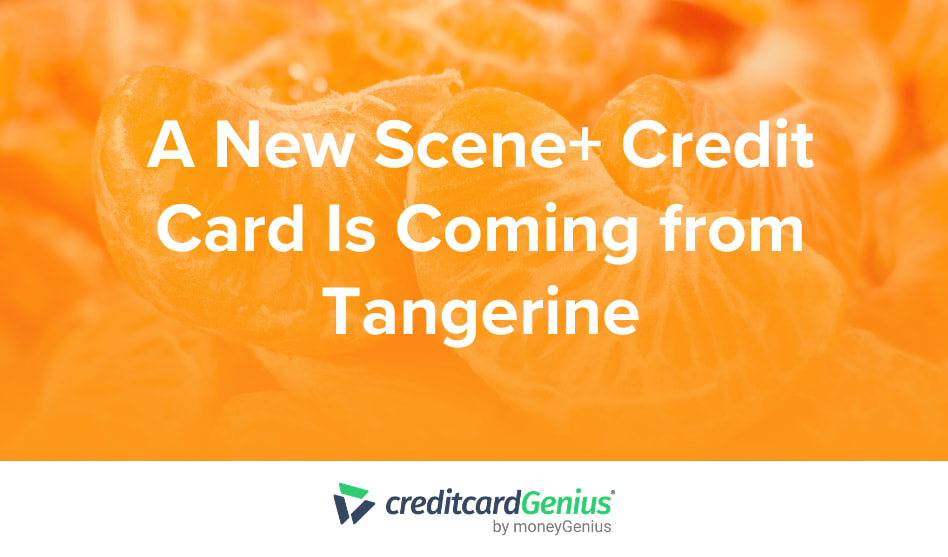




















Comments
Leave a comment
Required fields are marked with *. Your email address will not be published.